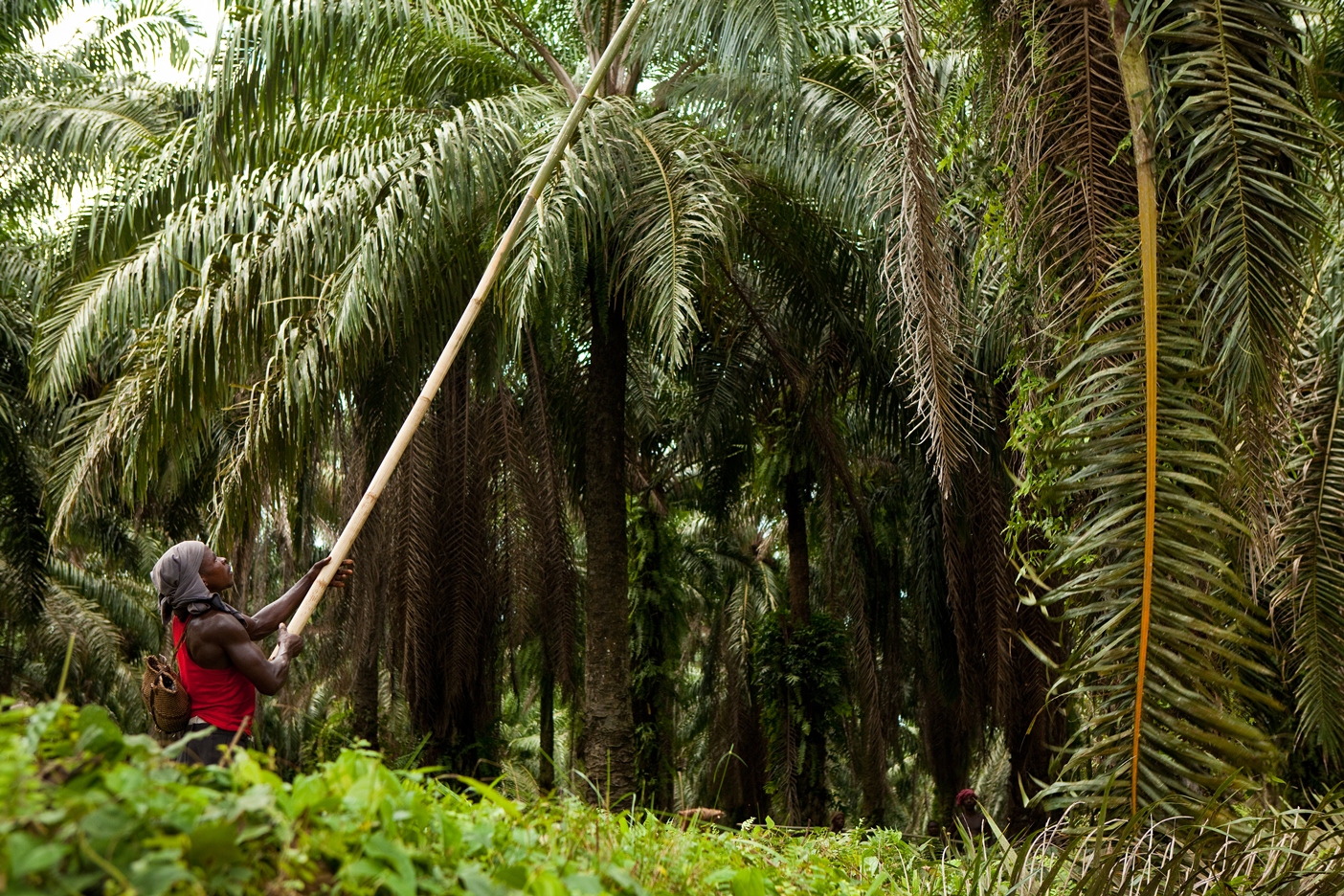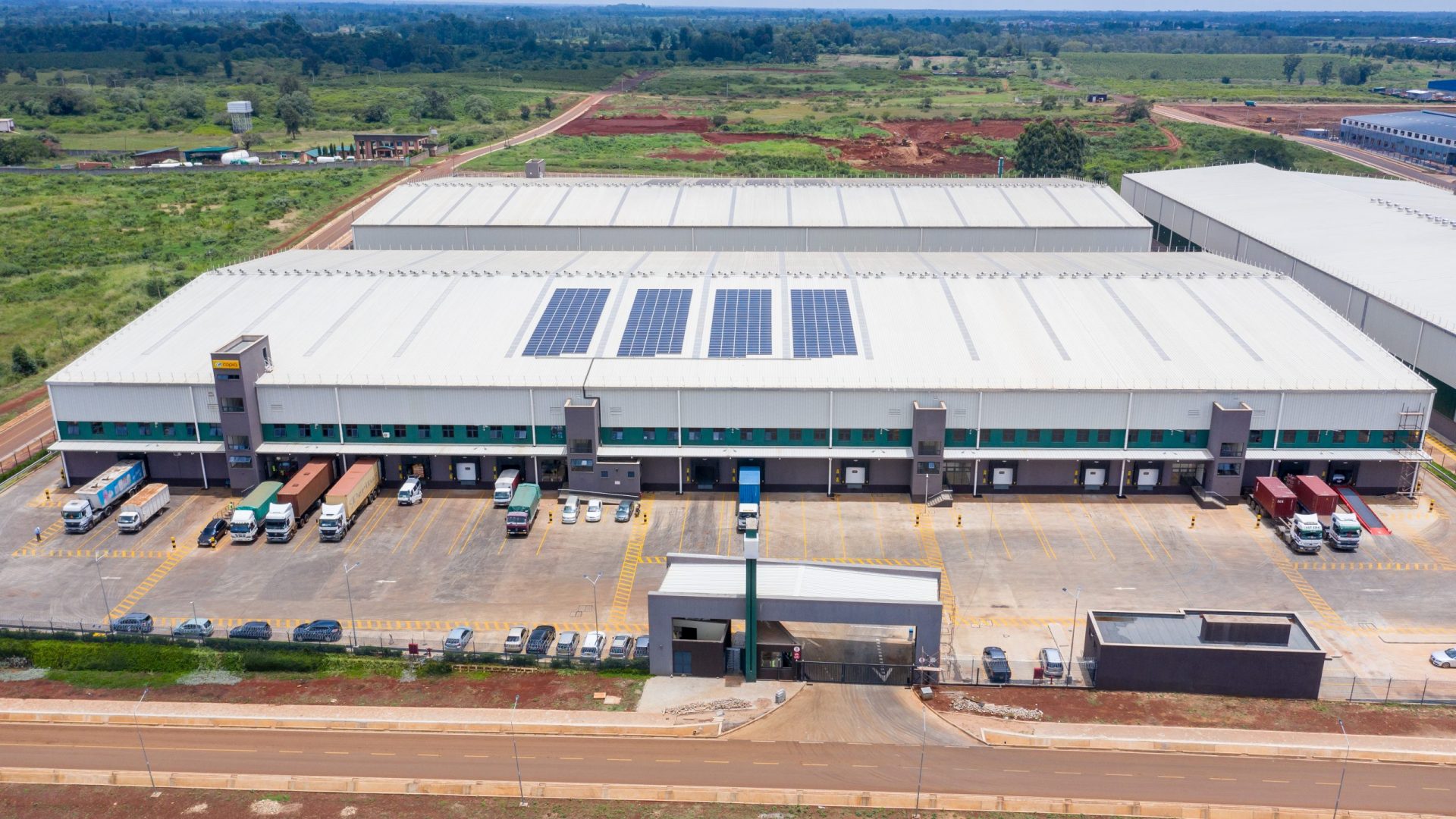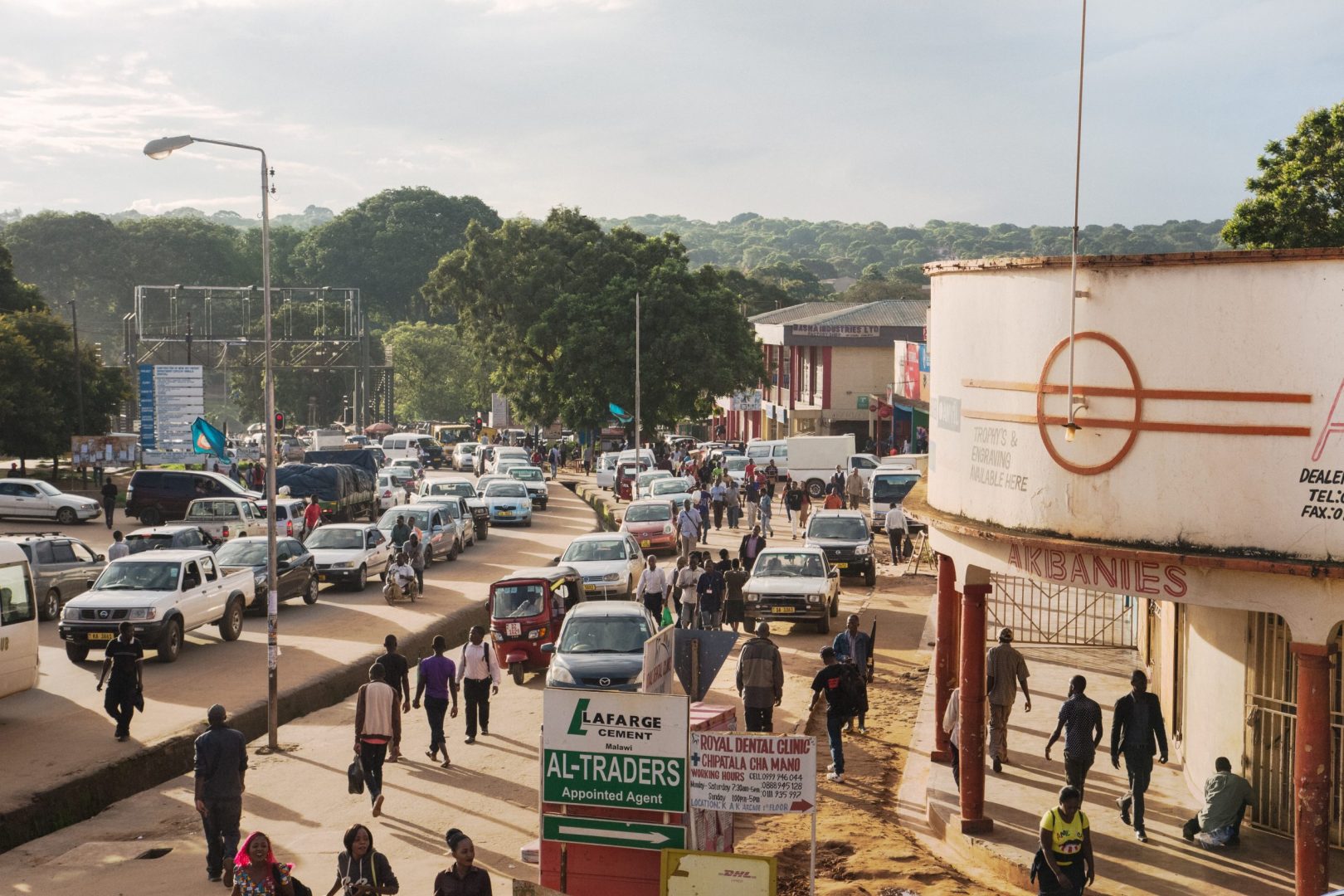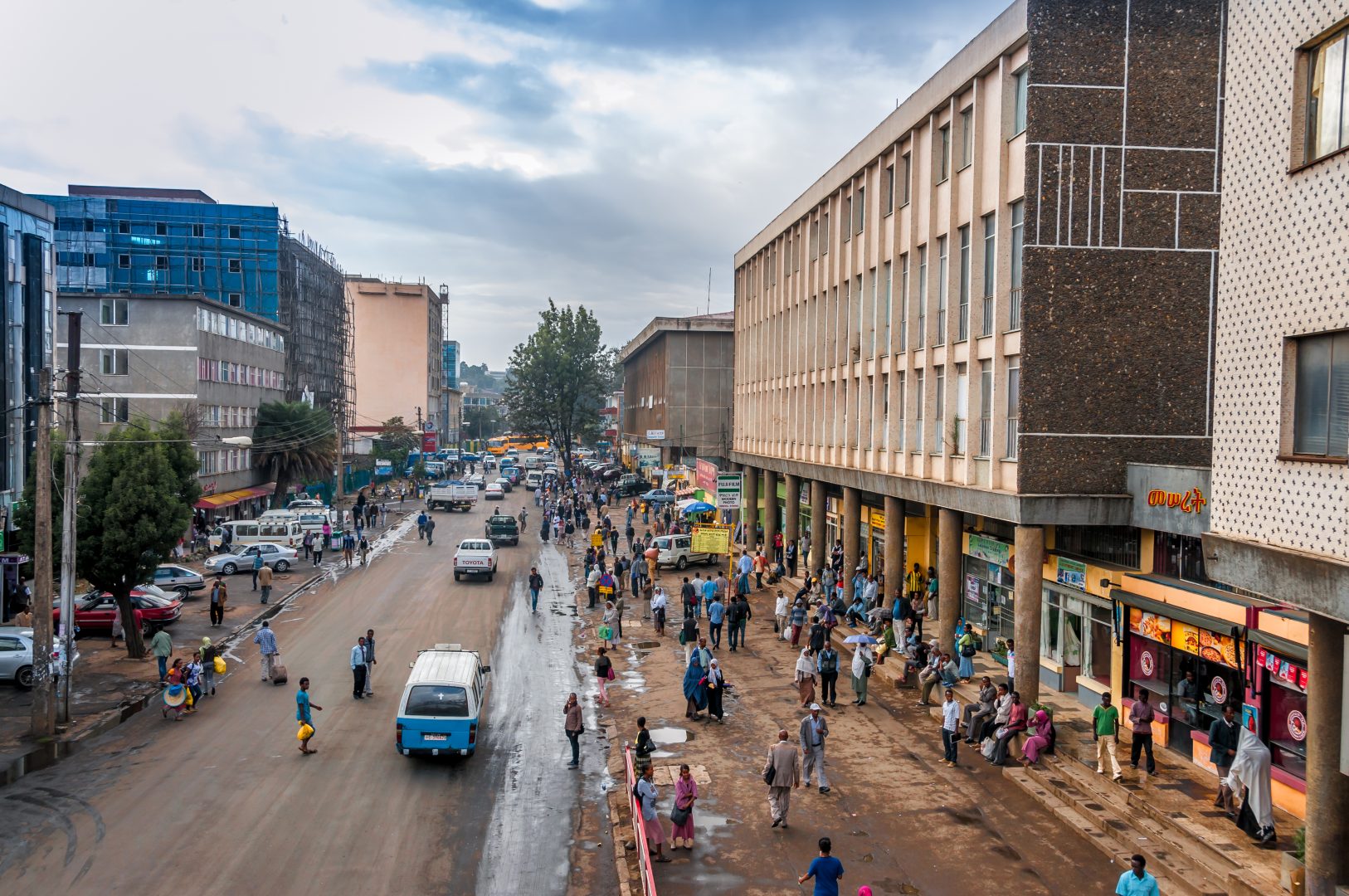In this article from our Annual Review 2016, CDC’s Maria Largey, discusses the role of financial institutions in reaching underserved communities and groups.
In the countries where we invest, large sections of the population remain financially excluded. In sub-Saharan Africa, just 30 per cent of the population has access to a bank account, and in South Asia the figure is less than 50 per cent. This has a huge impact on the lives of people in those regions. Without access to finance, it is hard to grow their businesses or be resilient to financial ‘shocks’.
We want to support micro-entrepreneurs in growing their businesses and in improving their quality of life, and that’s why my team is investing in proven and responsible financial institutions like microfinance providers and commercial banks. So far, we’re really pleased with the impact – the financial institutions we invest in are now providing financial services to 30 million customers in underserved markets.
In India, following a crisis that occurred in the microfinance industry in 2010, there was a reluctance from investors to support the financial inclusion sector. We responded by investing in a handful of the best-managed companies, all with a vision of bringing financial services to the poor across India.One of these companies is Equitas, which with our investment has been able to reach an additional 1.8 million customers. These are significant numbers, and we’re proud to have backed Equitas in its efforts.
Financial institutions can reach people and businesses in underserved areas or groups. For example, our investment in RBL, an Indian bank, has enabled the company to expand into four of the poorest states in the country – Chhattisgarh, Orissa, Uttar Pradesh and Bihar – while enabling them to provide a financial literacy training programme to 35,000 women from low-income communities. The training is making a real difference to women in rural areas, where levels of education are low and levels of financial exclusion are high.
These institutions also provide new, often innovative, products to support financial inclusion. In April 2016, another of our investees, Advans, launched a pilot project to provide digital savings accounts for cocoa farmers in Côte d’Ivoire. The initial launch was a success, with 7,000 farmers across 58 cooperatives subscribing to the service. One farmer commented: “With this Advans Account, my money is better kept, I don’t spend money impulsively because I don’t have all the cash on me.”
Our investments underline the importance of financial institutions to a country’s wider economic development. It is estimated that the sector as a whole can contribute up to 40 per cent of GDP in the regions we invest in. This is why we will expand our work on financial inclusion over the coming years – to remove the constraints on people and businesses in some of the poorest parts of the world.
Find out more
You can read our Annual Review 2016: Supporting the potential of people here











